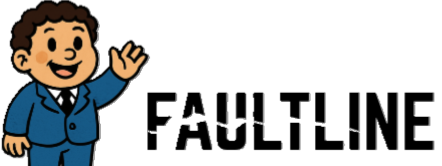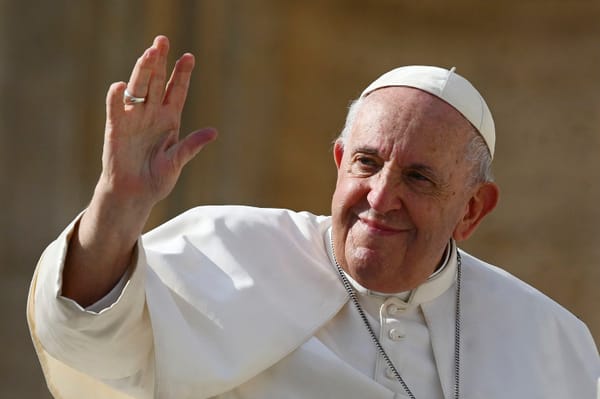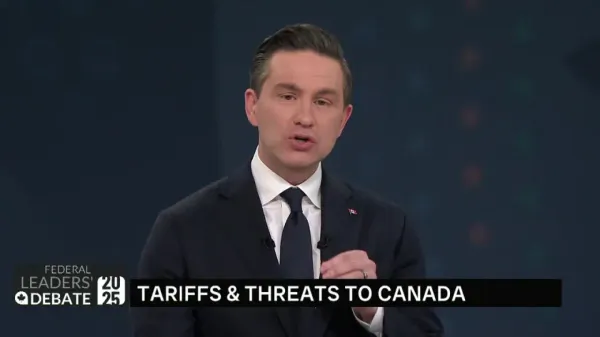Canada’s 2025 Election: Could Civil War Be Closer Than We Think?
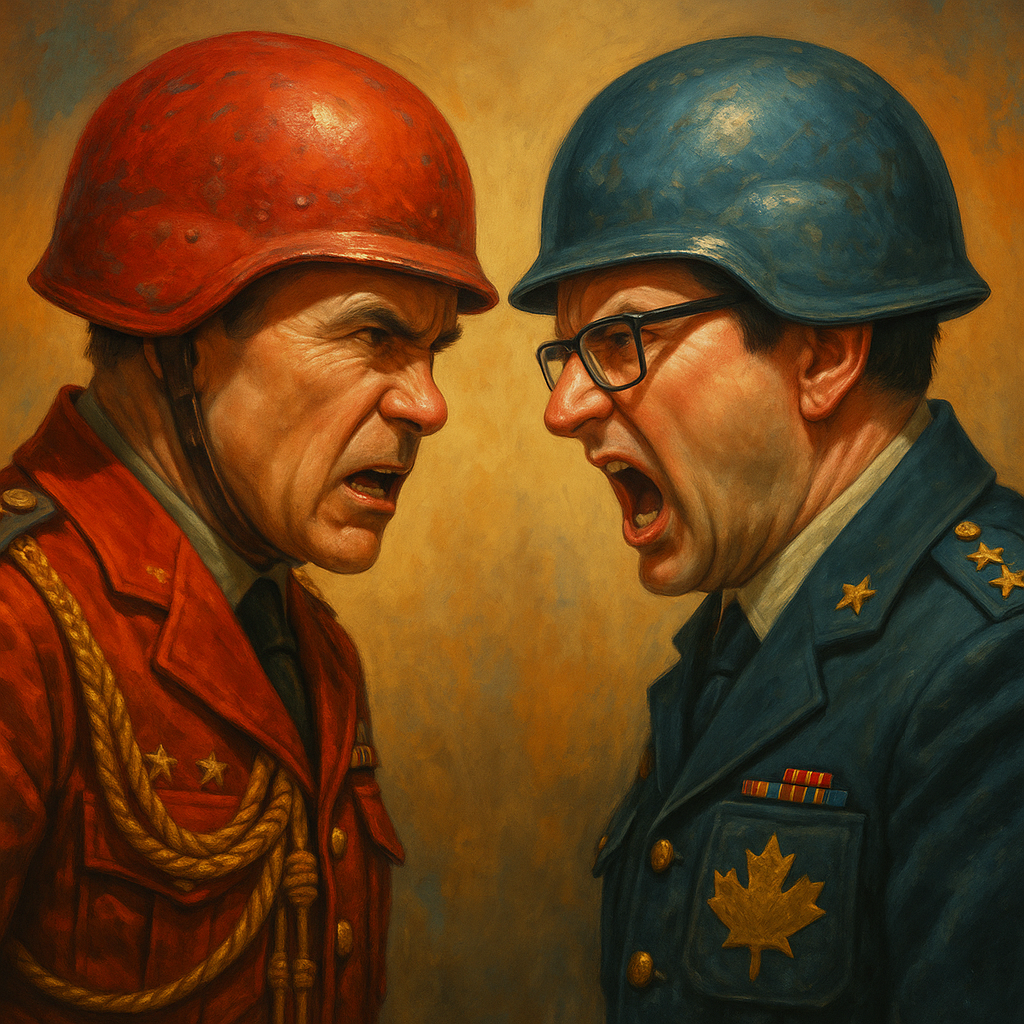
Skyrocketing costs. Political extremism. Federal silence. With a country this fractured, the only thing holding it together may be fear of what happens when it breaks.
You don’t want to think it. But more and more Canadians are starting to wonder:
What if this election doesn’t fix anything? What if it breaks everything?
With the 2025 federal election now just days away, Canada is not acting like a stable country. Across the provinces, something more than disagreement is brewing—it’s resentment. Economic despair. Political hatred. Regional disgust. People are no longer just mad at Ottawa—they’re talking openly about separation, sabotage, and survival.
And quietly, beneath the speeches and smiling party leaders, a terrifying possibility is starting to feel more real: What if Canada is on the edge of civil war?
Carney’s Doomsday Budget and the Boiling Point of the Nation
Mark Carney, the Liberal leader and former central banker, released what many are calling the “Doomsday Plan” in late March:
- A budget that forecasts no housing relief for renters or buyers until 2029
- Food price inflation continuing at 3.8% annually
- Higher tuition across the country
- Interest payments on national debt expected to double by 2027
All while Canadians can barely pay for:
- Rent: Average rent in Toronto and Vancouver now exceeds $2,700/month
- Food: Grocery costs are up 25% since 2020
- Education: Student loan defaults are at record highs
The Liberals say it’s a “stability budget.” But Carmen D’Abramo, one of Carney’s top economic advisors, reportedly warned in a closed-door session that “without intervention, the Canadian middle class will vanish within five years.”
That isn’t economics. That’s collapse.
What Would Civil War Look Like in Canada?
Let’s be clear: this wouldn’t look like the American Civil War. No blue vs. grey. No Gettysburg. It would be modern, asymmetrical, and terrifying.
1. Urban Revolts:
Cities like Vancouver, Montreal, and Toronto are economic powder kegs. If food, fuel, or rent shortages escalate—looting, riots, and organized resistance are real possibilities. We’ve already seen it simmering during convoy protests and inflation marches.
2. Provincial Secession Movements:
- Alberta has long flirted with the Wexit movement.
- Saskatchewan’s opposition to federal carbon taxes has turned into open talk of confederate defiance.
- Even Nova Scotia has begun to echo Quebec’s autonomy language.
A contested election could trigger one or more provinces to say: “We’re out.”
3. Armed Clashes and Sabotage:
In rural Canada, private firearms ownership is higher than ever. Distrust of RCMP, federal regulators, and Ottawa “mandates” has turned some communities into ideological militias.
If conflict starts, it won’t be clean. It’ll be backroads ambushes, cyber-attacks on power grids, and rail blockades.
4. Collapse of Confidence in National Institutions:
Once people no longer trust the courts, elections, or Parliament—they stop following the rules. And when that happens, the only thing left is violence, not ballots.
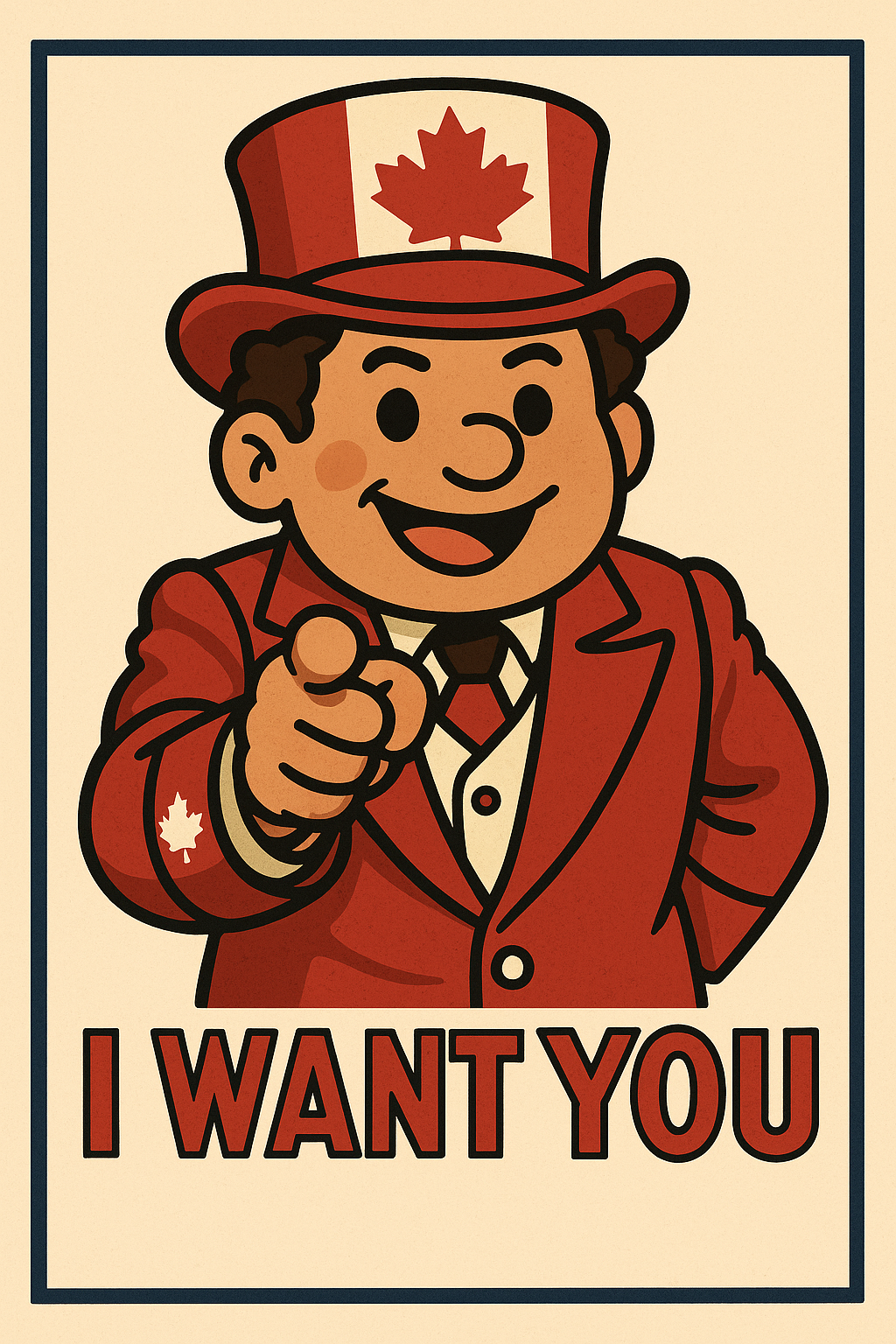
The Political Matchstick
The 2025 election pits Carney’s corporate technocracy against Pierre Poilievre’s national populism. Neither man is beloved. Both are seen as symbols—one of the old elite, the other of the angry underclass.
If Carney wins, the right will say the election was bought. If Poilievre wins, the left will say democracy was hijacked by extremists. Either way, millions will feel unrepresented. And when that happens, you don’t get peace—you get partition.
The Faultline Take
Civil war is not likely.
But neither was a pandemic. Neither was convoy blockades. Neither was a 40% rise in grocery bills, or a housing market that prices out doctors and teachers.
The danger isn’t that war breaks out overnight. It’s that we keep sleepwalking toward it, one broken promise, one rigged debate, one arrogant policy at a time.
Canada doesn’t need more slogans. It needs a miracle. Because right now, an election might not heal the country. It might shatter it.
